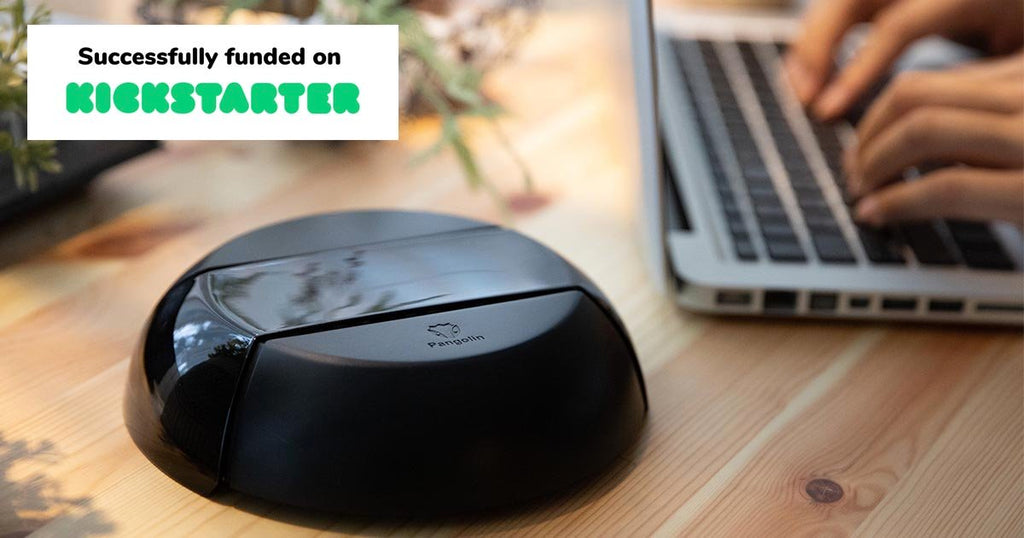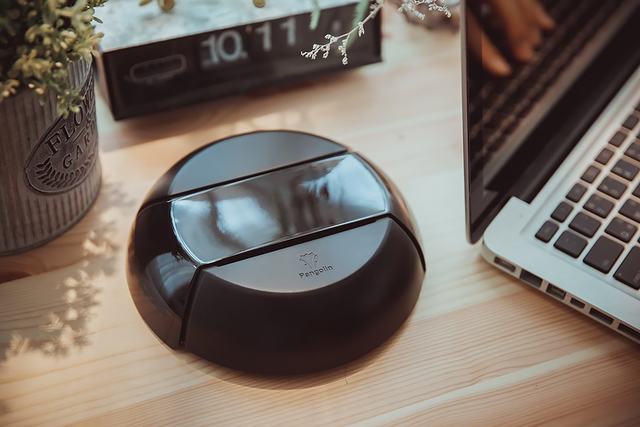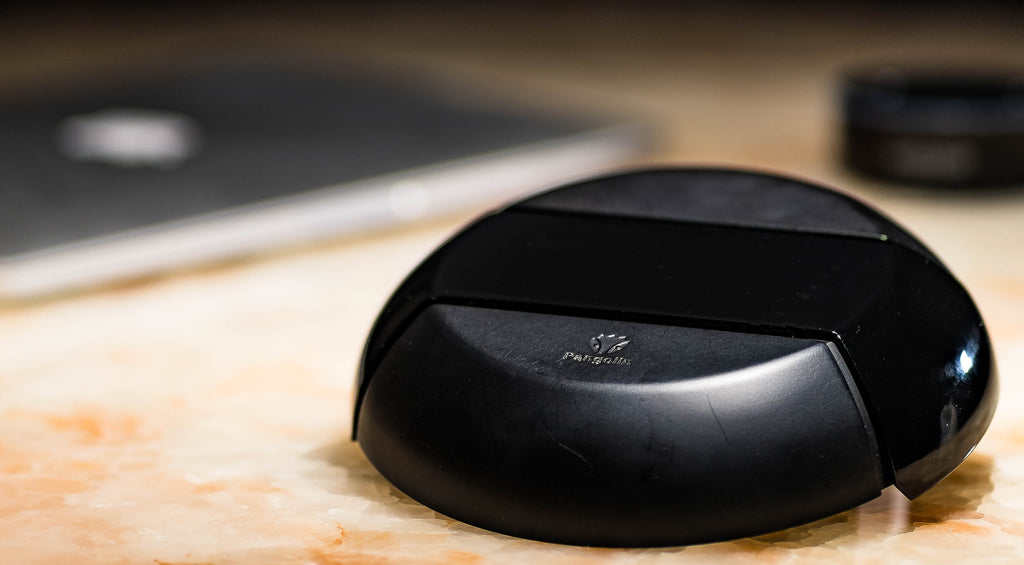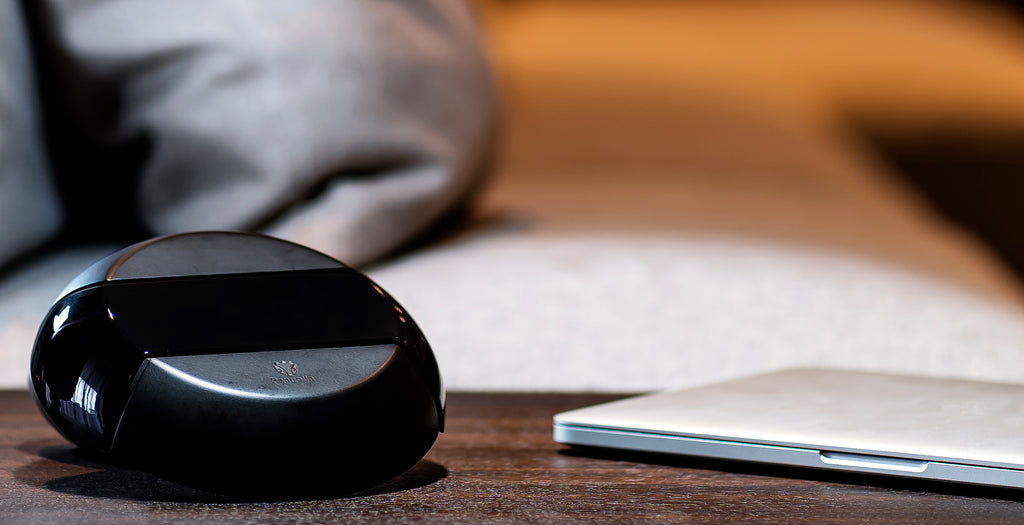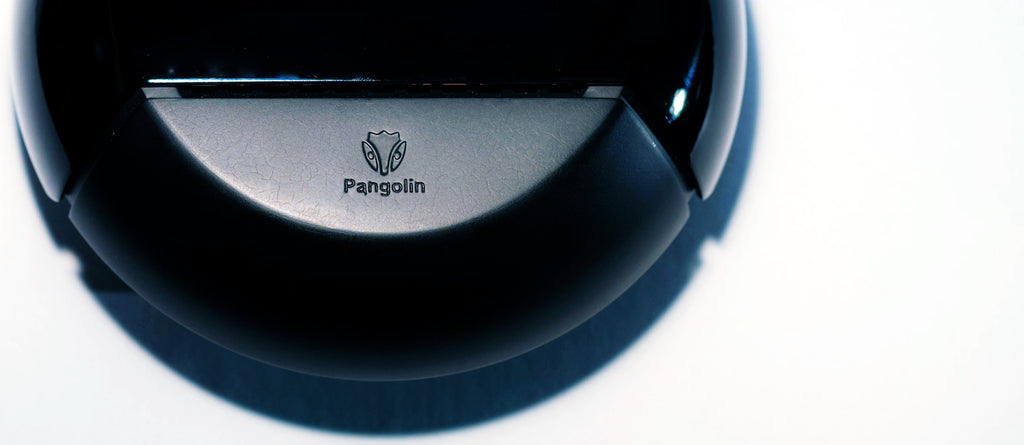Face Match, a new feature for Google Nest Hub Max, sounds like a good idea at first. Google says that it’s meant to make life easier by allowing you to gain easy access personalized content like the news, weather reports, and suggestions for music. It also allows you easy access to your video messages, reminders, and calendar events.
The way the feature works, and the permissions it needs, are a bit of a cause for concern.
First, Face Match doesn’t work when camera sensing is disabled. Camera sensing allows the Nest Hub Max to consistently scan the activity that’s happening in front of its camera.
Second, Face Match will not work without Voice Match, the feature that saves your voice and recognizes you when you ask questions.
That’s right. To even use Face Match, you’ve also got to have your voice on file, and allow your Nest Hub Max camera to scan what’s happening in front of it all the time.
It may be a slightly pessimistic view, but Google’s promise in their commitment to privacy page to only share video footage with your permission isn’t a great guarantee that your facial data won’t end up on a server in the future.
After all, just a few months ago after it was discovered that some audio recordings captured by Google Assistant and Amazon Alexa were being listened to by contractors.
Yes, one should be able to assume that a device like the Nest Hub Max is secure, but malicious cybercriminals will always be looking for ways to break in. Having a device that stores both your facial and your voice data is rather worrying, considering the recent news that a German company was recently swindled of almost $250,000 through an advanced scam that involved faking their CEO’s voice.
Privacy is often an afterthought
It’s important to remember that our data privacy isn’t always going to be at the forefront of a tech company’s concerns.
Here are a few more of our recent blog posts that show why you have to take responsibility for your digital privacy into your own hands:


